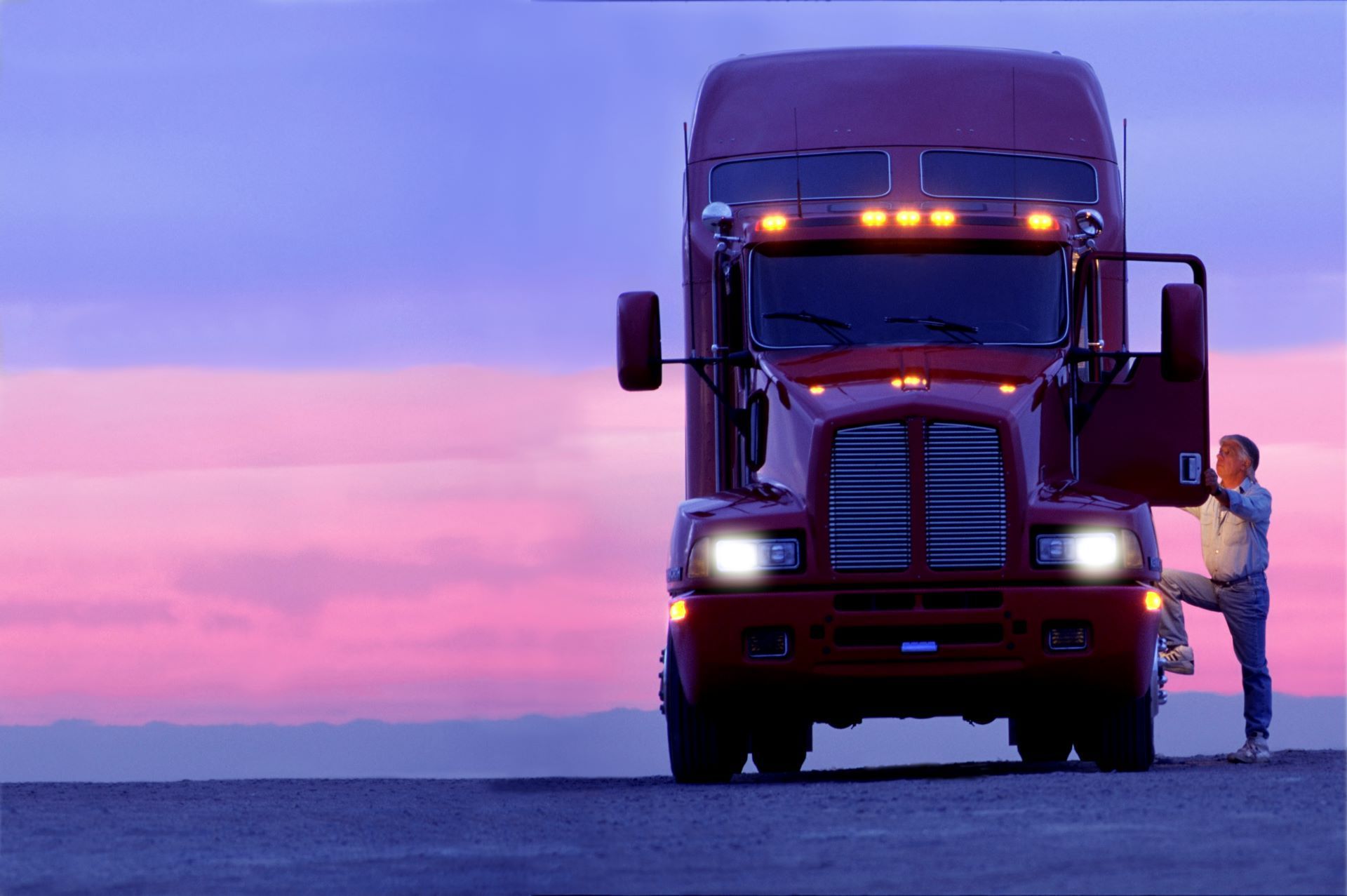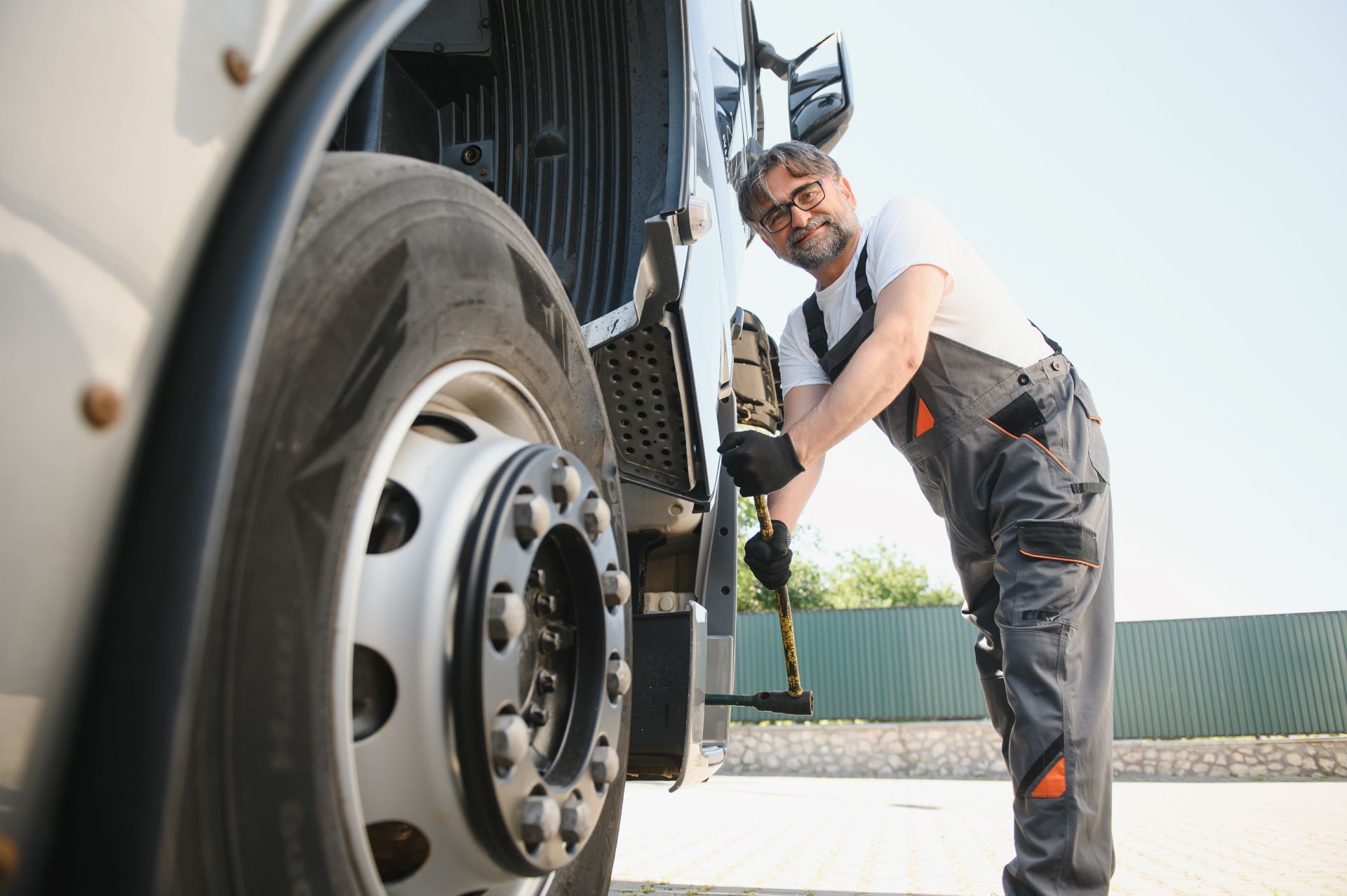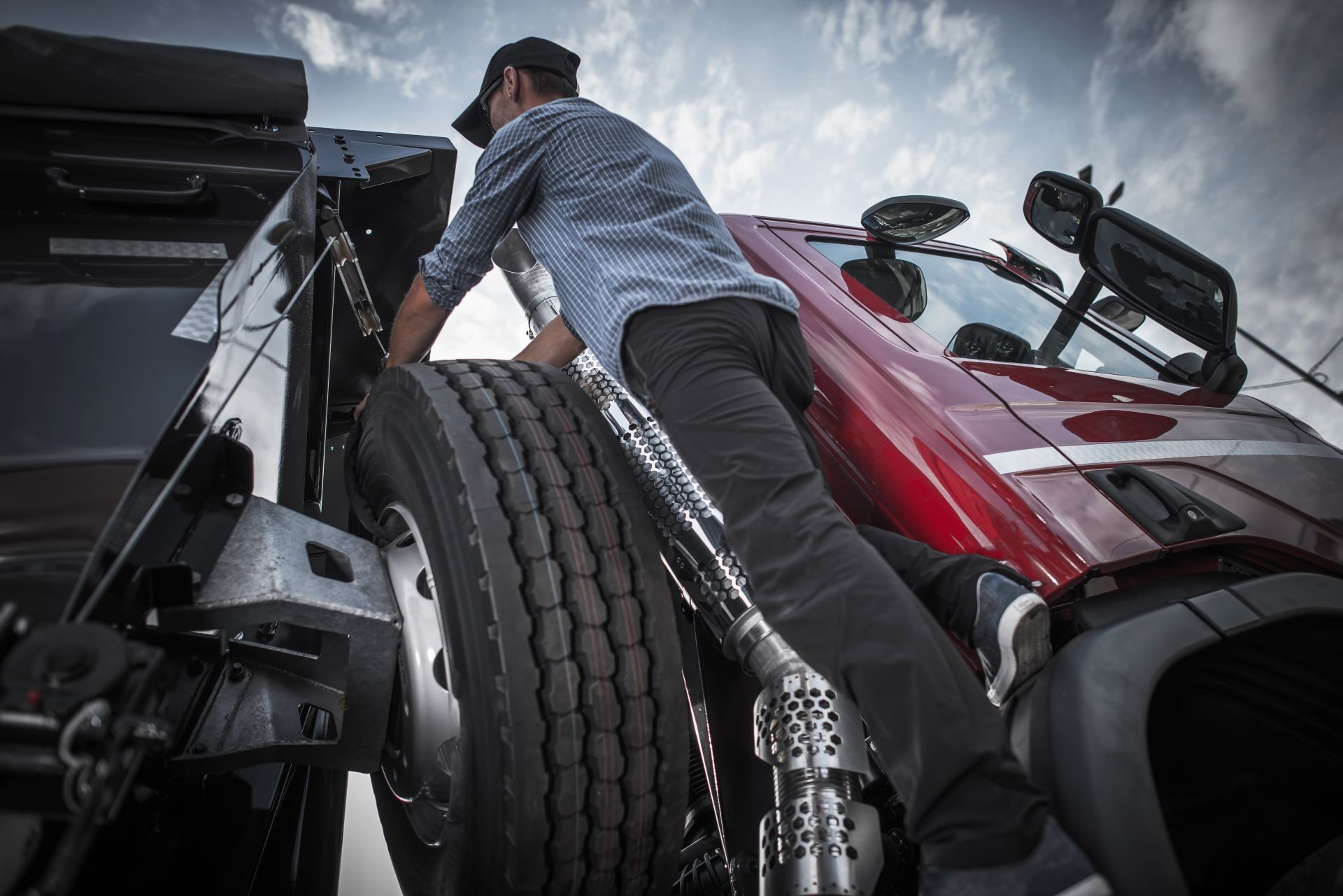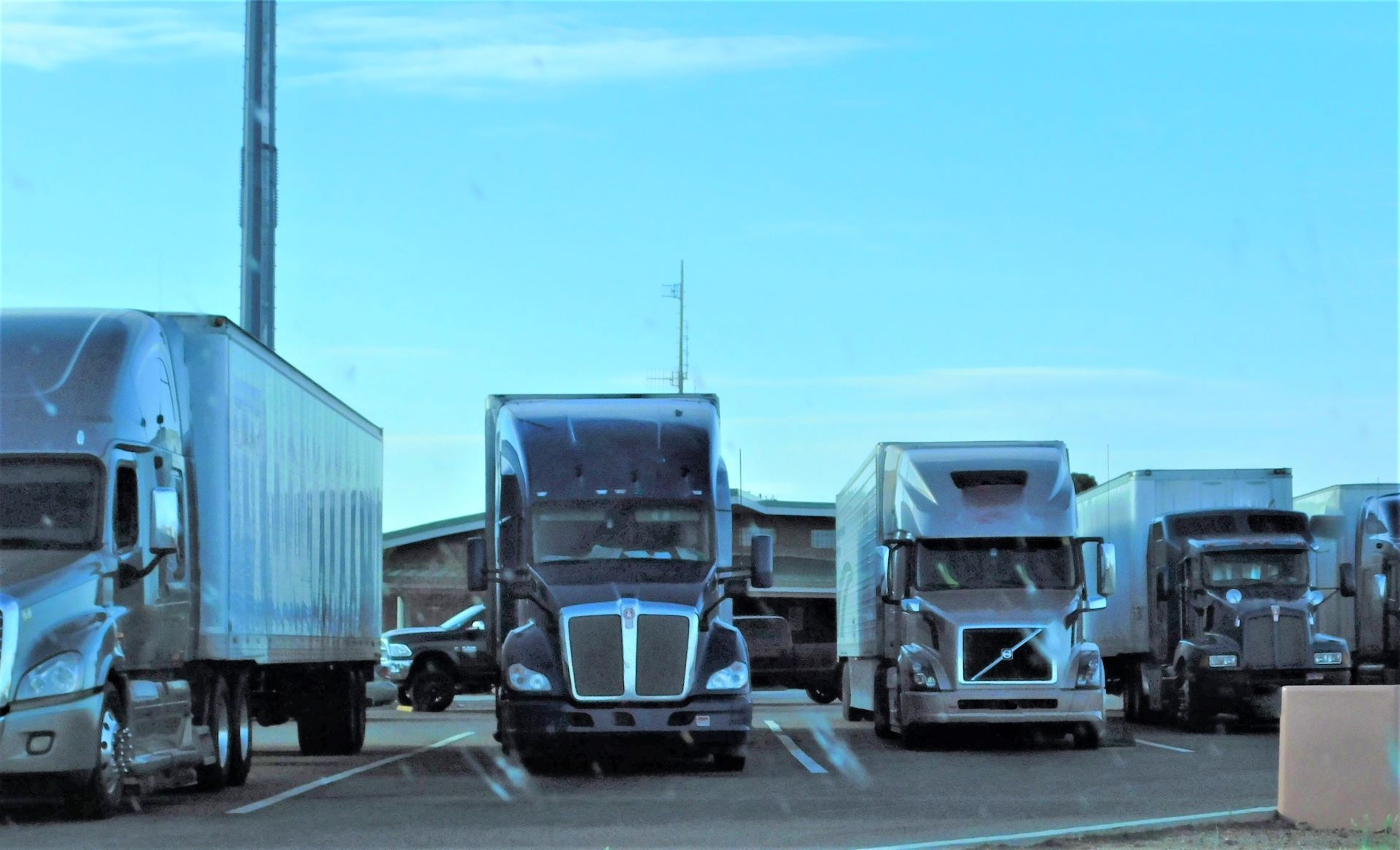Best Questions to Ask Before Buying a Trailer Suspension
August 25, 2025
When it comes to fleet performance, few components matter as much as the suspension system. The right trailer suspension affects everything from safety and compliance to fuel efficiency and the lifespan of your equipment. Yet many buyers make the mistake of focusing only on the initial price tag. In reality, a suspension is a long-term investment — and choosing poorly can cost far more in downtime, repairs, and regulatory penalties.
So how do you make sure you’re getting the best fit for your trailers and business? It starts by asking the right questions. In this guide, we’ll walk through the best questions to ask before buying a trailer suspension — so you can make an informed, cost-effective decision.

What Type of Suspension Is Best for My Application?
Not all suspensions are created equal, and the right choice depends on how you plan to use your trailers.
- Air ride suspensions are ideal for long hauls and sensitive cargo. They provide a smoother ride, protect freight, and reduce driver fatigue — but typically cost more upfront.
- Mechanical leaf spring suspensions are rugged, simple, and cost-effective, making them a popular choice for fleets focused on durability.
- Auxiliary lift axles give you flexibility when loads vary, helping balance weight distribution and improve compliance with weight regulations.
- Slider suspensions allow fleets to adjust axle spacing for different loads and weight distribution needs.
The key is aligning the suspension type with your cargo, routes, and business priorities. At Cush Suspensions, we also provide
engineered-to-order suspensions, so you get the perfect fit every time.
What’s the Total Cost of Ownership, Not Just the Purchase Price?
Upfront cost is only one part of the equation. The real question is: what will this suspension cost you over its lifetime?
A cheaper suspension may save money at first but could lead to higher expenses in fuel, tire wear, frequent repairs, and downtime. A higher-quality suspension often pays for itself by reducing operating costs and extending equipment life.
When evaluating options, consider factors like:
- Expected maintenance frequency
- Fuel economy impact
- Tire wear and alignment
- Downtime for repairs
Looking at total cost of ownership ensures you see the big picture, not just the sticker price.
How Much Weight Can This Suspension Handle Safely?
Every suspension system comes with specific weight ratings. Choosing a system that can’t safely handle your loads can lead to serious consequences — from safety hazards to fines.
The Gross Vehicle Weight Rating (GVWR) should be your starting point. Make sure the suspension is designed to handle not only your typical loads but also peak weight scenarios. Compliance with DOT weight regulations is critical to avoid costly penalties and protect your drivers.
What Kind of Maintenance Will It Require?
Every suspension needs upkeep, but maintenance requirements vary widely. Some designs are more demanding, while others are built to reduce service intervals.
Common maintenance tasks include:
- Inspecting and replacing bushings
- Checking and maintaining air bags (for air ride systems)
- Performing alignments
- Lubrication and wear checks
Ask how easy it is to service the suspension and whether replacement parts are readily available. A system that’s easy to maintain minimizes downtime and keeps your fleet on the road.
How Does This Suspension Affect Ride Quality and Cargo Protection?
Your suspension directly affects both the driver and the load. A smoother ride reduces driver fatigue and protects freight from damage caused by bumps and vibrations.
For fleets carrying fragile or high-value cargo, air ride suspensions often deliver the best return on investment. They minimize jarring impacts and keep loads secure. Even if your freight isn’t delicate, better ride quality can extend the life of your equipment and improve driver satisfaction.
Is the Suspension Designed for Durability in Harsh Conditions?
Not all suspensions face the same working environments. Fleets that operate on rough roads, in construction zones, or off-highway routes need heavy-duty systems built to last.
Look for features like:
- Corrosion-resistant materials
- Reinforced steel components
- Long-life bushings and seals
Durability doesn’t just reduce repair costs — it keeps your fleet running reliably in tough conditions.
What Customization Options Are Available?
No two fleets are alike, and sometimes an off-the-shelf solution isn’t enough. Engineered-to-order suspensions can give you the exact configuration you need to maximize performance, compliance, and efficiency.
Customization might include:
- Axle spacing adjustments
- Specialized lift axle kits
- Reinforcements for specific environments
A partner that can deliver tailored solutions ensures you get a suspension that matches your business — not the other way around.
Is This Suspension Compatible With My Current Equipment?
Compatibility is one of the most overlooked factors in suspension selection. Even the best system won’t perform if it doesn’t fit your trailers.
Double-check compatibility with:
- Frame and axle spacing
- Brake configurations
- Wheel and tire setups
Avoiding retrofitting surprises saves both money and downtime. Confirm these details upfront to ensure a seamless fit.
What Support and Warranty Coverage Comes With It?
Even the most reliable suspension will eventually need service or parts. That’s why warranty coverage and after-sales support matter.
Ask about:
- Warranty length and what’s covered
- Availability of local service partners
- Technical support options
Strong warranty terms and responsive support can make the difference between quick fixes and costly downtime.
How Quickly Can This Suspension Be Delivered and Installed?
Finally, don’t overlook lead times. A suspension that takes months to arrive or weeks to install can disrupt your operations.
Ask about:
- Typical delivery timelines
- Installation requirements
- Availability of expedited service
A responsive partner who can deliver and install quickly helps you keep your fleet moving.
Stop Guessing. Start Asking the Right Questions.
Buying a trailer suspension is more than a simple purchase — it’s a long-term investment in your fleet’s performance, safety, and profitability. By asking these questions before you buy, you can avoid costly mistakes, ensure compliance, and choose a solution that fits your exact needs.
At Cush Suspensions, we specialize in engineering trailer suspension systems that work for you — not against you. Whether you need air ride, mechanical, lift axle, or a custom-engineered solution, our team is here to help.
Ready to find the best suspension for your fleet? Contact Cush Suspensions today!





